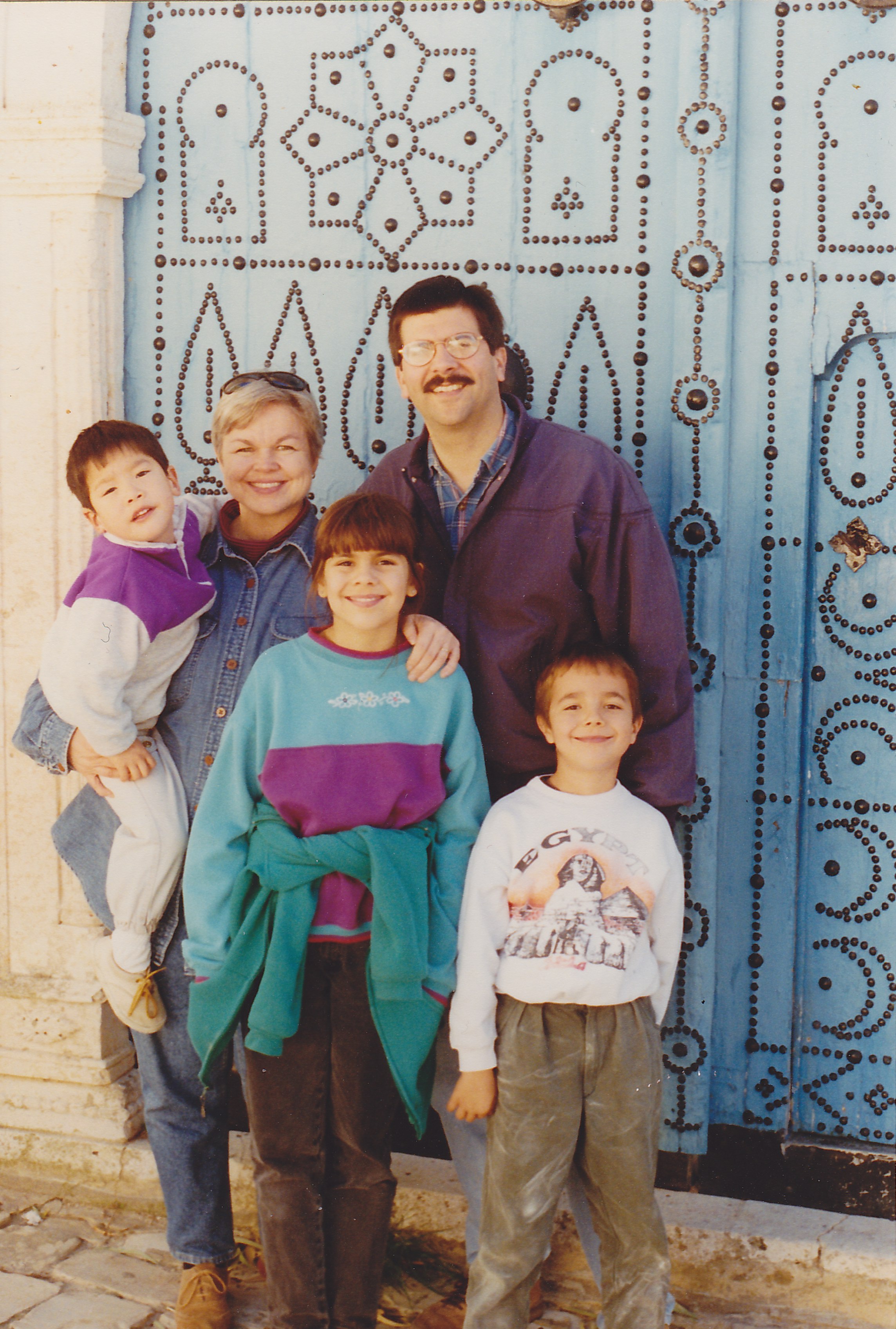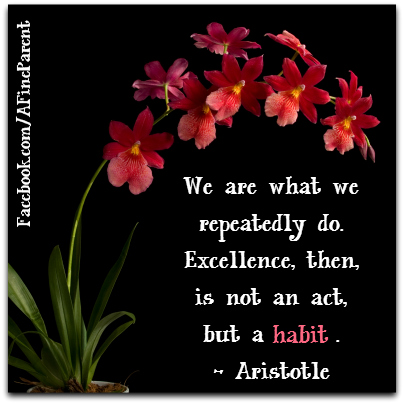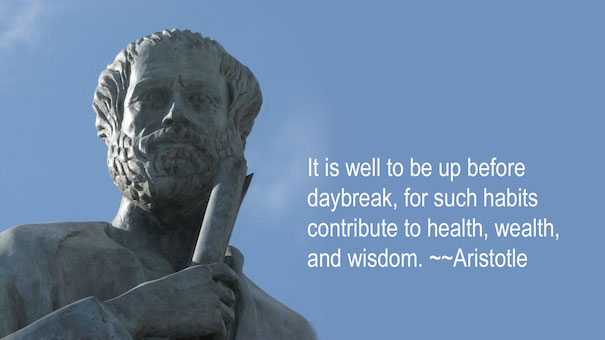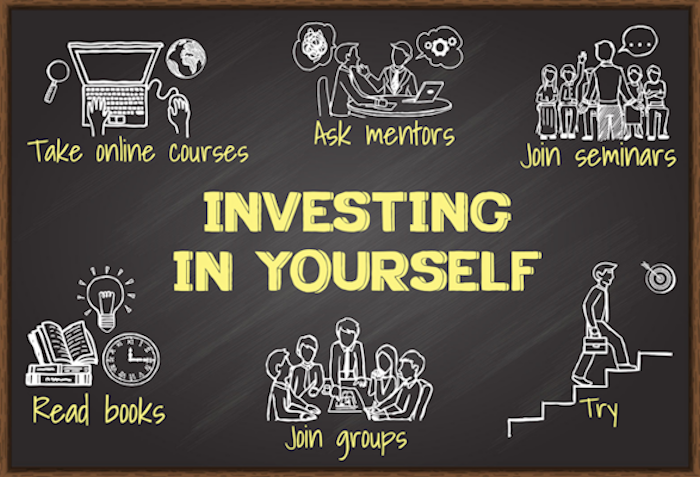 Photo Credit: Preppers Illustrated
Photo Credit: Preppers Illustrated
We moved from East Tennessee when our children were still small. Taking a job abroad, we were excited at all the possibilities of living in a different culture. Still we wanted to be wise in living as expats – in a country where neither we nor our children understood the subtle signs of threat, unrest or possibly even danger. We wanted our children to be prepared for the unexpected but not afraid. Living quietly and confidently aware of our surroundings can have a strong positive influence on engaging a new culture, and even our home culture.
Situational awareness is a discipline of being tuned into your surroundings in such a way that you can be alert to a threat or crisis before it actually happens. It is not complicated but does take practice and discipline. Brett and Kate McKay blog extensively on this and define it as:
“a skill that can and should be developed for reasons outside of personal defense and safety. Situational awareness is really just another word for mindfulness, and developing mine has made me more cognizant of what’s going on around me and more present in my daily activities, which in turn has helped me make better decisions in all aspects of my life.”
It’s not to instill fear (especially in teaching our children) but rather it can actually create calm and confidence. Where we want to be, in assessing our surroundings, is in a “yellow zone”, and we want that for our children as well – alert and calm, as a normal life pattern. Photo Credit: Domestic Preparedness
Photo Credit: Domestic Preparedness
The links below are extremely helpful in terms of learning situational awareness and applying it to child safety, personal protection, and, in general, responding to a threatening situation. Photo Credit: Slideshare
Photo Credit: Slideshare
In The Tao of Boyd – How to Master the OODA Loop, another blog by the McKay’s, they talk about military strategist John Boyd’s OODA Loop – Observe, Orient, Decide, Act. This can be used in dealing with uncertainty in any situation – whether a personal threat or a business transaction. I just wanted to mention it here as a rapid process we go through in situational awareness when we train ourselves to respond proactively, rather than in a panic.
 Photo Credit: Stanford Business
Photo Credit: Stanford Business
In the first McKay blog on situational awareness, they encourage parents to teach it to children as a game. You don’t even have to raise the issues of safety or security. It just becomes a game of being “in the moment”, observing your surroundings (while taking a trip across town, or eating in a restaurant, or playing in a park). When you alert your kids that the game is on, they know that, as part of that experience, to be especially observant. Then you ask questions later: “Can you describe the people sitting next to us in the restaurant?” or “How would you describe the adults closest to us in the park?” or “What do you remember about the people around us in the subway?” “What did we do to safely cross that huge street?” It doesn’t have to be a scary thing for children to learn to be more observant…instead of being zoned out or into their electronics or playing with your phone.
The same is true, of course, for us adults. The discipline part of situational awareness is practicing it often enough that it becomes a part of your every day life. In the old days, before smart phones, I was a people watcher…just taking in the people around me (in a “fascinated by them”, not “stalking” sort of way as we think today).
Too often, people tend to guard their own privacy, by looking down or not making eye contact some other way. We don’t survey where we are and who surrounds us, like we might should. Not because there is evil everywhere…that would be weird to think like that…but as a discipline…for our sake and for those around us.
There may be a time we can actually avoid or possibly defuse a situation, if we are focused. After the 9/11 bombings, and until situational awareness became “a thing” in my life, I would tend to kind of stay in a bubble around strangers…like on a subway or bus, or walking on a crowded street. One of the practices in situational awareness is to train your peripheral vision. It’s amazing what you can note if you learn to widen your view. [Use the image below to give it a try.] Photo Credit: Modern Survival Blog
Photo Credit: Modern Survival Blog
Today, I just wanted to introduce situational awareness. In a world that seems to be more and more violent, with stranger-on-stranger attacks, we may be vulnerable without even knowing it. Rather than being victims, there are steps we can take to become more aware and savvy. This can work toward our own safety and that of our family, but it can also be a means to help others more vulnerable than we are.
[Sidebar: Please don’t hear me say we need to be super-vigilant, like there is a bad guy coming through every door. Situational awareness is a discipline that we can use in many positive ways – both socially and in the workplace. It’s a skill in our toolbox.]
I am reminded of times, both overseas and here in the States, when a local friend or stranger stepped in and moved us to a safer place, or intervened when I didn’t know what to do in a new situation. Soon, I want to write again about this and will post some of our stories. Nothing really dramatic, thankfully, but definitely remarkable for us in negotiating new cities and situations. It would be wonderful if you shared some of your stories where you were situationally aware…or where it might have been helpful. Please comment below.
Check out the links. Very practical. Be safe out there…and help make it safer for those around you.
How to Develop the Situational Awareness of Jason Bourne – Brett & Kate McKay – Excellent overview and practical helps – Must Read
The Tao of Boyd – How to Master the OODA Loop – Brett & Kate McKay – Indepth article on OODA – Observe, Orient, Decide, Act
10 Ways to Improve Your Situational Awareness – Sergeant Survival
50 Things You Can Do To Make Your Kids Street Smart – Chonce Maddox
Situational Awareness: Staying Safe When Life Gets Dangerous – The Survival Mom
5 Drills for Situational Awareness – Ken Jorgustin
A Practical Guide to Situational Awareness – Scott Stewart
10 Basic Safety Tips for Women – Mom With a Prep
I Do This Every Single Day But After This Warning I’ll Definitely Be Thinking Twice – Video













